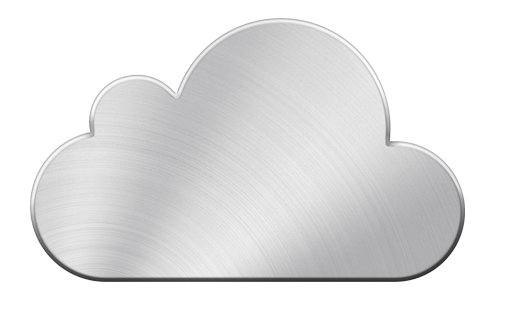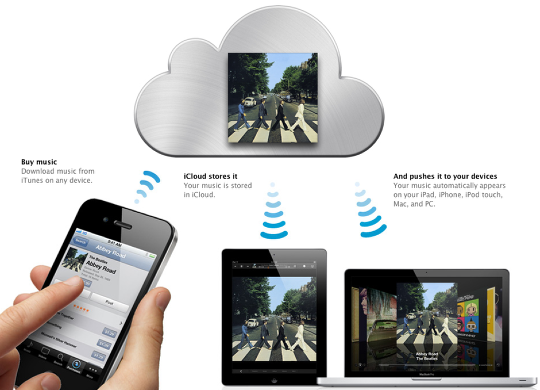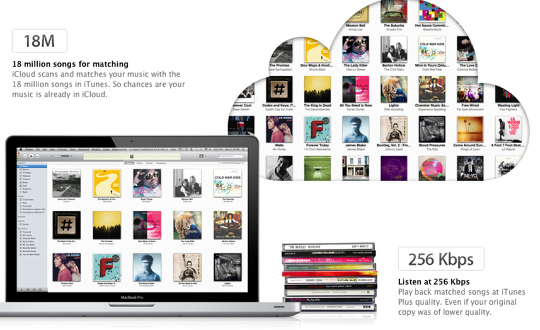Let’s put on our thinking cap:
Depositing our pay cheques in bank and using the credit and ATM card for spending seems easy. However keeping the track of your income and expenses, to get full value for your money is possible only with budgeting. Budgeting helps most of us to keep track of our income and spending and not overspend.
In practice 10 budgeting myths retard the savings of a lifetime. They are:
1) I earn a lot and need not budget:
This requires a change of perspective. Michel Jackson lived like a king but died awash in $400 million debt. Budgeting by watching your spending pattern helps trace unnecessary expenses on clothes or eating out, and help you save for a future or for a much wanted dream holiday. So how much you earn has got less relevance. What is more important is budgeting. Proper budgeting can make a low income earner to retire richer and overspending can make a high income earner a pauper.
2) I hold a secure job and see no reason to save:
This does not hold well today with large corporations going in for labor layoff to save costs during recession. Small corporations also put you at a risk with the death of the owner or the company going into losses.
This insecurity demands caution to save for spending during such periods when you are caught unaware, with an emergency fund coming handy.
3) I am poor in calculations and cannot budget:
With useful tools like spreadsheet that help account for expenses and income earned make the budgeting much easier. A look at the spending helps avoid unnecessary expenses to budget and save in future. If you are interested one can easily learn budgeting. So if you say ‘I don’t know how to make a budget’, it shows your level of interest and willingness to save for a secured future.
4) I am lucky; I will never be short of money:
However your ability in meeting high bills and other unpredictable expensive events like life threatening accidents, or a major surgery without experiencing shortage of money may not be always true.
So better save and be prepared to face unpredicted contingencies and then use the savings for something else that you may consider desirable.
5) I pay my bills promptly and do not need budgeting:
Congratulations I appreciate your credit worthiness, but going into negative balance is also quite easy. You may be self disciplined. It doesn’t mean that you need not make a budget. Preparing a budget makes you much more disciplined and spend consciously. So budgeting with saving helps avoid going into negative balance or overdraft.
6) Budgeting could lead to deprivation:
Budgeting is not frugal living and foregoing all pleasures like a movie a month and an eat out once a week, but it just not allowing your earnings to be not overtaken by your expense. Everyone is planning to save, planning to invest, but do we have a well thought out plan for spending. A smart spending plan only can lead you to save more.
There is no need to feel deprived with budgeting; it just means saving a percentage of your income spent unnecessarily to have a secured future.
7) I have small wants and find no need to save:
This need not be a stable attitude in human nature, with you wanting to take advantage of certain financial trends in the market like buying house or land at cheaper rates, or investing at higher rates towards building a bigger retirement corpus. Hence budgeting helps to save when you do not want money for a time when you could profitably use it.
Your wants may be small but basic needs like food, shelter, and clothing are becoming costlier with inflation. Also you need to take into account your health care needs of the future.
8) I get rises, bonus and tax refunds and find no need to budget:
I think you have been lucky all these years, however these benefits are highly unpredictable and placing ones hopes fully on them is futile. It is better to budget and save than depend on unpredictable benefits like bonus, raise and tax refunds. The recent recession has taught us a lesson to all of us which we should not forget easily.
Budgeting and your future
Take charge of your future now. Budgeting is the first step towards controlling your financial destiny. Don’t let your unconscious spending habits decide your financial destiny.










